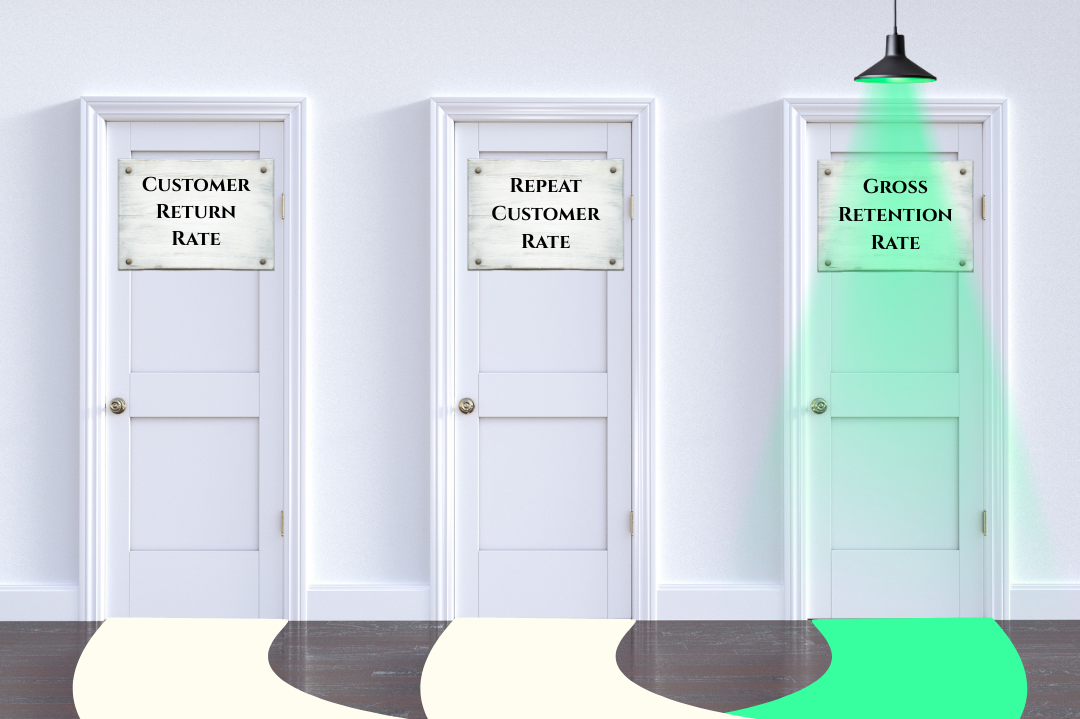.png)
One would realize, that the storm in engagement and collaborations over varied social media platforms has been unveiled to the brands, the power of community interactions and collaborations. What the world assumed to be a standard human tendency of connecting and socializing has unlocked a huge potential for businesses to interact more closely with their end-users and to serve their needs better. We recognize how developing communities transforms the ability of a business to understand the evolving and modifying needs and desires of their customers, allowing them to match up the customer expectations and provide for the social business environment developments and simultaneously making way for better retention of the existing customer base and attracting the newer ones as well.
As a result, we see many existing and upcoming brands exhausting a pool of funds in building and developing welcoming community groups of their relevant stakeholders more significantly the customers. Though conventionally, businesses began shaping these community groups through various renowned social media platforms like Twitter, Facebook, Instagram, etc. To recall, we know the buzz and engagement twitter has brought to us through those live product launch features and the flexibility and excitement Facebook and Instagram Lives allow us to pull.
Additionally, with all these comforting factors, the brands have started registering the limitations these existing social media platforms offer while bringing in engagement and connections. While it would be a step lesser in running communities through these platforms, we see brands moving towards their own customer engagement platforms. The recent urge of investing in one’s brand platform arose out of the wide flexibility, safety, and superior engagement the idea brought to the table.
Social media platforms have always been infamous for their weak customer data handling. Moreover, as a business, you would never choose to compromise the privacy of your customer information even if it means going a step ahead. After all, healthy communities are built on mutual trust and security. Any customer would want to sign in only for a safe and secure community and hence the idea is to build one by investing in one’s engagement platform.

Community database of any business is a huge asset and is leveraged to unlock the business potential. While driving community over third-party platforms the power of owning this data transfers to the external parties which can result in mishandling. Investing in one’s own platform reserves the ownership as first-party data and allows the business to utilize this data with flexibility in the best interest of the community.
The concept of owning a community platform does introduce a fixed cost to the business but when compared with the money it takes to run a community from external platforms, is cost-effective in the long run. Additionally, businesses can save on a much better cost by employing expert tech community development platforms like Cohora as well.
Every social media platform runs on a different algorithm, which is not specifically designed to cater to a particular community of people. These are placed to attract a larger crowd with vivid interests and goals. Hence, businesses are most of the time fighting these algorithms to reach their set of targets and potential customers. Having one’s own platform enables a brand to design a technology that fits its size perfectly well.
Running interactions and collaborations over external platforms feel to be restrictive at times. That is because you might not be able to message or interact with the way your community members desire. Not only this but brands are also required to stick to the timelines and group limits, etc
Brands operate on uniqueness. Having their own community platform allows brands to customize engagement and conversations the way their community desires. It allows them to be partners with creativity and let their community members have a different experience.
The factors above sum up most of it for us. Brands love the flexibility and reliability having their own platform brings to them. The concept might be evolving but is making some buzz out there!


.png)


